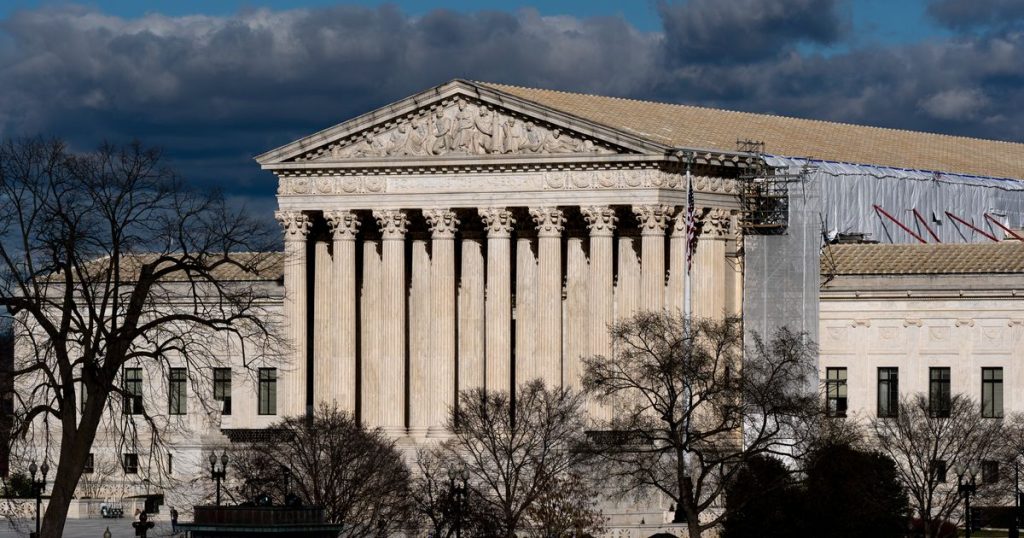The Supreme Court is currently hearing arguments in its first abortion case since conservative justices overturned the constitutional right to an abortion two years ago. The case involves access to mifepristone, a medication commonly used in nearly two-thirds of all abortions in the U.S. last year. Abortion opponents are seeking to limit access to this medication, which could have significant practical consequences such as halting its delivery through mail and at large pharmacies, reducing the timeframe in which it can be used, and potentially ending the use of telehealth visits for prescriptions.
The political and regulatory landscape surrounding abortion has been significantly impacted by the 2022 decision that led Republican-led states to ban or restrict abortions. The outcome of this new case could have far-reaching implications on races for Congress and the White House. Critics argue that a ruling in favor of abortion opponents could undermine the FDA’s drug approval process and ultimately jeopardize women’s health across the nation. On the other hand, proponents of the drug claim it is among the safest approved by the FDA.
One possible resolution to the case could involve the justices dismissing it by determining that the challengers lack the legal right, or standing, to sue. This would preserve access to mifepristone and erase the appellate ruling. Another abortion case involving a federal law on emergency treatment at hospitals, including abortions, is also set to be heard next month. The mifepristone case originated after the Supreme Court overturned Roe v. Wade, with initial rulings revoking the drug’s approval entirely before being modified by the appeals court. Justices Alito and Thomas had differing opinions on the case.
Mifepristone is taken along with misoprostol in medication abortions to block the hormone progesterone necessary to sustain a pregnancy and cause the uterus to contract and expel pregnancy tissue. The numbers of medication abortions have been increasing over the years, with over 6 million people using mifepristone since 2000. Health care providers have expressed concerns about the potential unavailability or limited access to mifepristone, as they may have to rely solely on misoprostol, which is somewhat less effective in ending pregnancies.
Overall, the outcome of this Supreme Court case could have significant implications for abortion access in the U.S., impacting the availability of mifepristone and potentially restricting the ability of health care providers to administer medication abortions. The case sits at a politically charged moment in the wake of the 2022 abortion decision and could influence future races for political office. The arguments presented by both sides highlight the complex legal and medical issues at stake, emphasizing the importance of the Supreme Court’s decision in the coming months.


